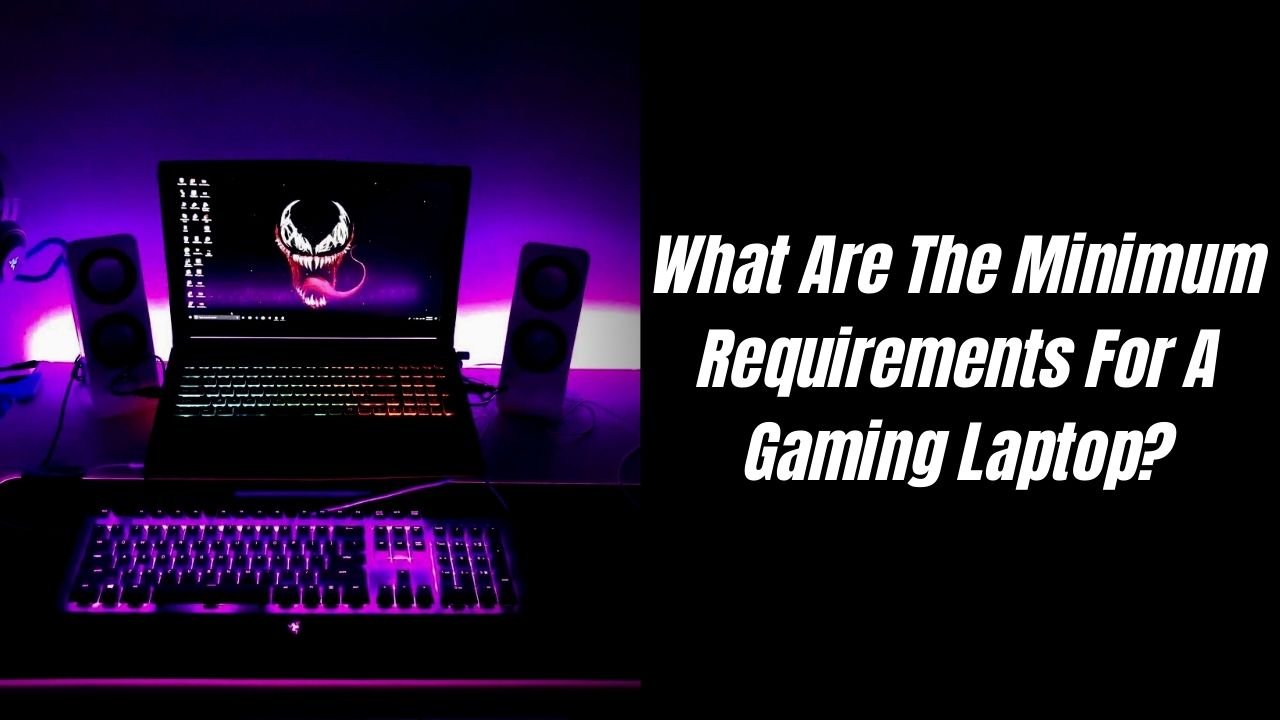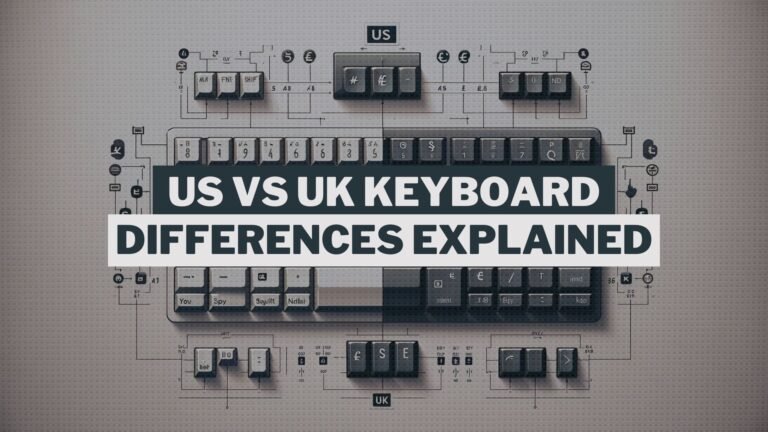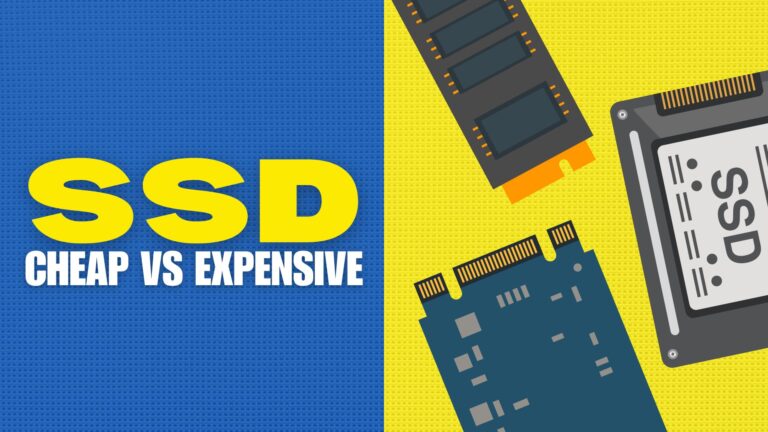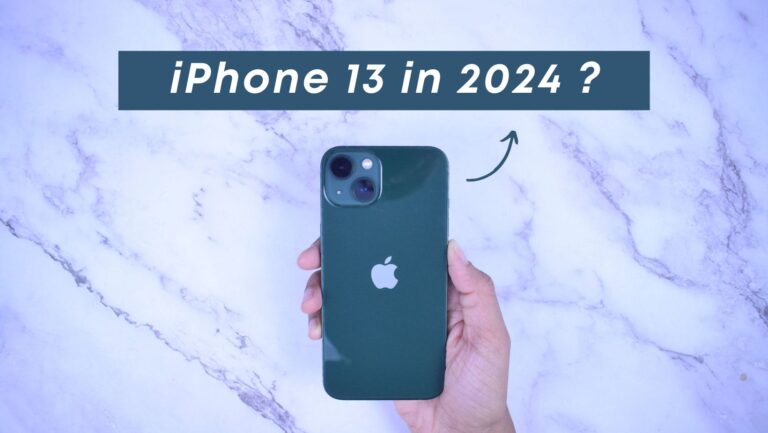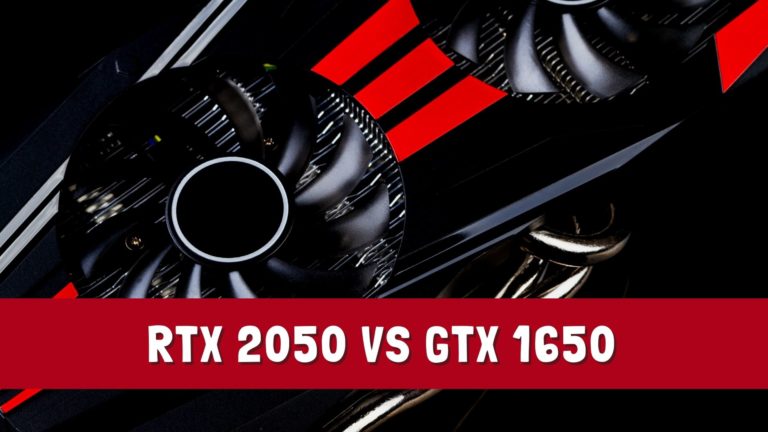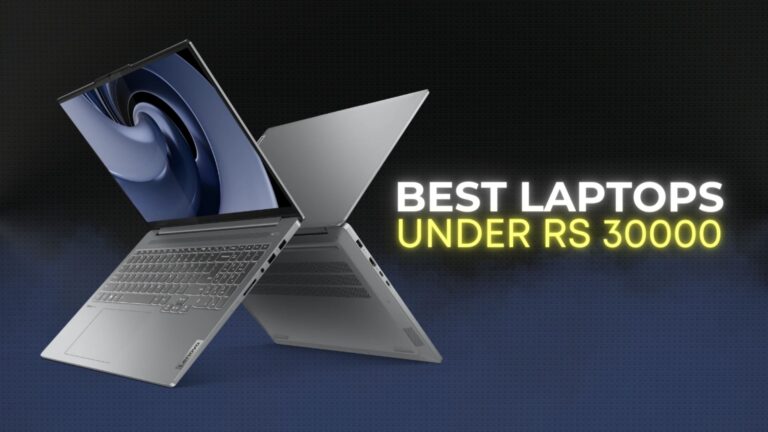When people heard “gaming” a few years ago, they would imagine teenagers sitting in their rooms with controllers in hand. It has been a long journey from that familiar image. Gaming isn’t limited to younger people anymore, and it isn’t just a hobby. People of all ages are involved in gaming (more or less), and some even make a career.
Well, not everyone is on that level of professionalism. Lots of people still play computer games for fun. There are a pretty big number of casual gamers and many new people looking to get into gaming. It is pretty normal to look up the minimum gaming specs. Either way, no judgment from us.
Veteran or not, the minimum requirement for your gaming laptop depends on what you’re looking for. Gaming setups are like a trade-off. You trade one feature to focus more on the one you prioritize. The minimum requirement for your gaming laptop will change depending on what kind of gamer you are, your budget, and what games you want to play.
There are still some requirements, the bare minimums, to get you through the gaming part of the waters. Let’s look at the minimum requirements of a gaming laptop in 2022.
Basic Requirements of a Gaming Laptop
Laptop manufacturers usually have different models of laptops for different target audiences. In general, laptops targeted at students won’t last long in a research-heavy facility where the machines have to go through more draining things.
The requirements (or specs) for a gaming laptop will differ depending on your preferences. But there is a line for the bare minimum, and this part will be covering that.
You’ll have to focus on the CPU, the GPU, and RAM for any gaming laptops. These are your key specs if you want your games to run smoothly. Then comes the display, operating system, and storage. The newer, the better is true for most parts, but only if you’re going big. These are the minimum requirements for a gaming laptop if you’re testing the lines first.
| Components | Specifications |
| CPU | Intel Core i5 (H series)/AMD Ryzen 5 (H series) |
| GPU | GeForce GTX 1060 (NVidia)/Radeon RX 480 (AMD) |
| RAM | 8GB |
| Display/Resolution | 1920 x 1080 |
| Operating system | Windows 10 |
| SDD | 128GB |
| HDD | 500GB |
| USB ports | USB 3.0 port (one) and USB 2.0 ports (two) |
| Video output | HDMI 1.4 compatible |
These are the minimum requirements for a gaming laptop. It’s done based on the assumption that you’ll be playing more of the latest games. It may not run all games smoothly, but most games will run. If you feel like you’ll focus more on older games, you can use an older operating system.
Most popular games have a minimum requirement of an 8th gen Intel processor (or equivalent minus the i3) for the CPU. So i5 is the minimum requirement, sure, but you can up or downgrade depending on the games you’ll be playing more.
Understanding Minimum Vs Recommended Game Requirements
To boil things down, minimum requirements are essential for running a game. Recommended requirements are what give you the best experience in gaming. Let’s get to the details of it.
Minimum requirements are the lowest threshold for gaming. The games will run on your laptop, but you won’t get the full-fledged graphics or smooth movements running on it.
The game engineers confirm them as the minimum threshold for running games, but the test runs are done on different devices. Usually, the engineers assume that the end-users will be playing the games on a better (and updated) gaming setup.
Recommended requirements are what you’ll need to enjoy your gaming to the fullest. This setting is designed to bring out the maximum graphic potential of the games. You will get smooth movements and clear visuals if you play on a device with the required specs.
To recap, minimum requirements are specs that you must have to run a game. Recommended requirements are what make your gaming experience better. Minimum specs are the default, but the games are tested assuming the players will have an updated setup.
If you want to know the recommended requirements of your favorite game, you can visit the official website of the manufacturing company. The websites usually have lists of both minimum and recommended specs.
Minimum Requirements For A Gaming Laptop: VR

VR gaming focuses on virtual reality-centered games. These games feel like reality, and you’ll need to wear special headsets with them.
VR games don’t run properly on regular laptops because of their higher frame rates. Normal video games have a 60 fps frame rate, but the VR headset is different. A 60 fps frame rate makes the games look rough and choppy on the headset, so the specialists go for a 90 fps frame rate.
Your GPU has to be compatible with the VR headset you will use. Most VR headsets need a better GPU than normal ones, like the NVIDIA GeForce GTX 1060. If you’re getting a Valve Index headset, you’ll need a GTX 1070 minimum.
| Components | Specifications |
| CPU | Intel Core i5 (H series) or AMD Ryzen 5 series (or equivalent) |
| GPU | NVIDIA GeForce GTX 1060/1070 or AMD Radeon RX 480 |
| RAM | 8GB |
| Display/Resolution | 1920 x 1080 |
| Operating system | Windows 10 (64 bit) |
| SDD | 256GB (ideally 512GB) |
| HDD | 1TB |
| USB ports | USB 3.0 port (two) |
| Video output | HDMI 2.0 and DisplayPort 1.3 |
Most VR games run on a windows 7 operating system, but the VR headsets don’t. So you’ll have to go for the Windows 10 OS. The most important thing for VR gaming laptops is the USB and DisplayPorts. Oculus can connect through a USB C-type port, but other headsets need both HDMI and DisplayPorts for connection. The two USB ports are necessary for connecting your peripheral accessories.
Minimum Requirements For A Gaming Laptop: 4K Gaming
4K Gaming focuses on the ultra HD or 4K resolution of the game. As you can tell, the graphic quality of these games is sky-high. You’ll need an equally better GPU (or two) to smoothly run the 4K games. Processors usually don’t make a difference for 4K Gaming.
| Components | Specifications |
| CPU | Intel Core i5 6600/i7 (H or k series) or AMD R5/R7 |
| GPU | NVIDIA GeForce GTX 1070/1080 or AMD Radeon RX 480 (dual)/R9 |
| RAM | 16GB |
| Display/Resolution | 4K |
| Operating system | Windows 10 (64 bit) |
| SDD | 256GB (optional) |
| HDD | 1TB |
| USB ports | USB 3.0 port, USB 3.1 (type C) port |
| Video output | HDMI 1.4/2.0 and DisplayPort 1.4 |
NVIDIA’s official website recommends a GTX 1080 for 4K gaming, but the GTX 1070 also does the job. The display and connecting ports are essential because most laptops don’t have a 4K display. If it does, it will cost you the bank. So the common solution is connecting your laptop to a 4K supporting monitor. This is why USB ports are essential. The HDMI and DisplayPorts ensure smoothness, so you won’t have to face choppy frames.
Minimum Requirements For A Gaming Laptop: Streaming

Streaming your gameplay, fortunately, doesn’t need any extra equipment. All you need for streaming are peripheral devices. So if you’re focused on streaming, you’ll have to be extra careful in choosing your USB ports.
| Components | Specifications |
| CPU | Intel Core i5 or AMD equivalents |
| RAM | 8GB |
| Operating system | Windows 10 |
| USB ports | USB 3.0 port, USB 3.1 (type C) port |
Your USB ports will be connecting your headsets, speakers, and other accessories you’ll need for streaming. So check your laptop and make sure you’re getting both types of ports.
Minimum Laptop Requirements Based On The Type Of Gaming
It might come as a surprise, but your minimum specification for a gaming laptop varies depending on your game time. If you’re a casual gamer, you won’t need high-level processors and GPUs to take that pressure. If you’re a professional gamer, the beginner-level gaming laptops probably won’t last you a week.
1. The Casual Gamer

Most entry-level or casual gamers play games as a hobby. They don’t get into competitions or put much pressure on their setups. You can easily get a lower-range gaming laptop and do pretty well if you’re an entry-level gamer. These are the minimum specs you’ll need as a casual gamer.
| Components | Specifications |
| CPU | Intel Core i5 (H series) or AMD Ryzen 5 |
| GPU | NVIDIA GeForce GTX 1050 or AMD Radeon RX 560 |
| RAM | 8GB |
| Display/Resolution | Full HD |
| Operating system | Windows 10 (64 bit) |
| SDD | 128GB |
| HDD | 500GB |
| USB ports | USB 3.0 port (two), USB 3.1 (type C) port (one) |
| Video output | HDMI 1.4 |
2. The Mainstream Gamer/Core Gamer

Mainstream gamers are more invested in gaming than casual gamers, but less than professionals. Most of them consider this a serious hobby and invest a lot of time in gaming. Mainstream gamers usually play AAA games. If you consider yourself a mainstream gamer, you’ll need a stronger GPU to handle games with high-quality graphics.
Most mainstream gaming laptops fall in the mid-budget range. You can easily get a gaming laptop at $1,100-$1,500. Your minimum requirements for the laptop will be something like this.
| Components | Specifications |
| CPU | Intel Core i7 (H series) or AMD Ryzen 7 |
| GPU | NVIDIA GeForce RTX 3060 |
| RAM | 16GB |
| Display/Resolution | Full HD / 2K |
| Operating system | Windows 11 (64 bit) |
| SDD | 256GB |
| HDD | 1TB |
| USB ports | USB 3.0 port (two), USB 3.1 (type C) port (one) |
| Video output | HDMI 2.0 |
3. The Hardcore Gamer

Hardcore gamers take gaming very seriously. They invest time in gaming and play pretty much all kinds of games. The gaming competitions are mostly for hardcore gamers. If you take gaming very seriously and think you’ll be playing hardware-intensive games, you’ll have to step up the requirements a few notches.
This is what your minimum requirements will look like.
| Components | Specifications |
| CPU | Intel Core i7/i9 (H or K series) or AMD Ryzen 7/9 (or equivalents) |
| GPU | NVIDIA GeForce RTX 3080/3090 |
| RAM | 32GB |
| Display/Resolution | 2K / 4K |
| Operating system | Windows 11 (64 bit) |
| SDD | 256GB |
| HDD | 1TB |
| USB ports | USB 3.0 port (two), USB 3.1 (type C) port (one) with thunderbolt 3 support |
| Video output | HDMI 2.0 |
Conclusion- Minimum Requirements To Play Games On A Laptop
If you’re planning on gaming casually or playing games that aren’t very GPU intensive, you can choose a budget range laptop. If you’re focusing more on the highest settings games (like VR or 4K), you’ll have to step up your budget and specs.
The minimum requirements won’t guarantee smooth running for the newer games, but at least you’ll know what is more important. You can also get an idea of the lowest threshold of your target specs.
Make sure you don’t get the same capacity as the minimum requirements for the RAM. Your OS and the games will share it, so always go for a bigger capacity than the minimum amount. Otherwise, your system can crash mid-game.
Hopefully, this answered the question of what are the minimum requirements of a gaming laptop. If you already have a gaming laptop and you are thinking to change because of battery life then you should read this article to extend battery life on gaming laptop.
